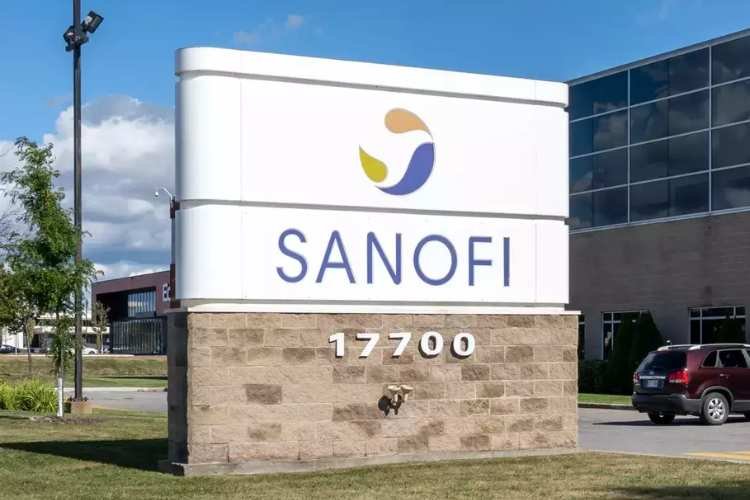Mirati Therapeutics experienced a significant surge in its stock price on Thursday, triggered by swirling rumors of a potential acquisition by Sanofi.
According to reports from Bloomberg, Sanofi has been actively assessing the feasibility of acquiring Mirati, drawing insights from individuals closely familiar with the matter. The extent of progress in Sanofi’s deliberations and whether formal negotiations have commenced remain uncertain at this point.
However, one undeniable fact emerged from the market dynamics on that particular Thursday: Mirati’s stock price, which had experienced a prolonged downturn since late 2022, witnessed a remarkable upswing of approximately 45% during the afternoon trading session.
It’s worth noting that Mirati had previously been the subject of acquisition speculations within the realm of Big Pharma. Yet, early combined data involving its KRAS inhibitor, Krazati, and Merck’s PD-1 inhibitor, Keytruda, in treating KRAS-mutated non-small cell lung cancer had left investors disappointed, casting doubts on Krazati’s overall market potential. During that period, industry analysts had assumed that any potential deal discussions were likely off the table.
Also Read: Mirati Fires Its CEO And Announces A New Lung Cancer Krazati-Keytruda Study Strategy
However, in a significant development in August, Mirati confirmed its intentions to initiate a phase 3 clinical trial for the Krazati-Keytruda combination in patients with KRAS G12C-mutant non-small cell lung cancer, specifically those with high levels of PD-L1 expression. Mirati deemed this market opportunity as a blockbuster in its own right. The company’s stock saw an upward trajectory following the release of early-stage data alongside the phase 3 trial plan. Despite this positive momentum, Mirati’s stock price had yet to fully recover to its late 2022 levels.
Coincidentally, Bloomberg’s report coincided with a pivotal moment for Mirati’s KRAS competitor, Amgen. Amgen’s drug, Lumakras, faced scrutiny before an FDA advisory committee comprised of external experts on the same day. Previously, Lumakras had demonstrated benefits in delaying disease progression or mortality compared to chemotherapy in a confirmatory trial for KRAS G12C-mutated non-small cell lung cancer. However, an internal FDA review raised concerns about “systemic bias” within the study.
Also Read: Advancing Precision Oncology: Targeting KRAS Mutations With LUMAKRAS And KRAZATI
Following deliberations, the panelists voted 10-2 in favor of being unable to adequately interpret the primary endpoint of Amgen’s late-stage study, known as CodeBreak 200. Nevertheless, the FDA stated that it did not intend to remove the drug from the market at this juncture.
In the ongoing KRAS battle, Krazati held an advantageous position over Lumakras due to serious liver toxicity issues that compelled Amgen to essentially halt its combination with Keytruda. In contrast, Krazati appeared to manage this side effect more effectively.
Meanwhile, noteworthy changes unfolded within Mirati, as the company bid farewell to its CEO, David Meek. In the interim, Charles Baum, M.D., Ph.D., the founder of Mirati, assumed leadership of the company.
Also Read: FDA Identifies ‘Systemic Bias’ In Amgen’s Late-Stage Lumakras Trial Ahead Of Adcomm
Sanofi’s purported interest in Mirati followed a flurry of merger and acquisition (M&A) activities within the French pharmaceutical giant’s portfolio. Last year, Sanofi initiated, though ultimately lost, a bidding war for the rare disease specialist, Horizon Therapeutics. In March, the company invested $2.9 billion in Provention Bio, its partner in diabetes therapies, including Tzield for Type 1 diabetes treatment. More recently, Bloomberg reported Sanofi’s involvement in discussions to acquire Reata Pharmaceuticals, a deal that eventually transpired with Biogen.
Prior to these recent M&A endeavors, Sanofi had acquired Ablynx for 3.9 billion euros in 2018 and Principia Biopharma for $3.7 billion in 2020. The company’s pursuit of Mirati signals its ongoing commitment to strategic expansion and innovation within the pharmaceutical industry.





























